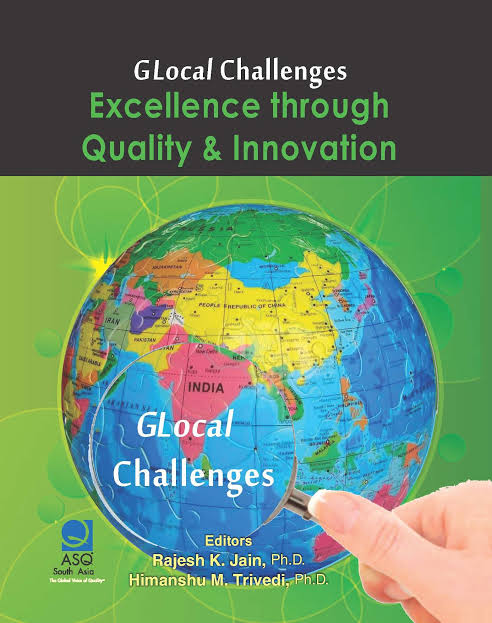October 10, 2019

The university also counts on databases available for the academic community using the username and password:
http://sinab.unal.edu.co/index.php/recursos-bibliograficos/bases-de-datos
The Glocal Challenge
Objectives:
At the end of this project, you will be able
to:
- Gather information from reliable sources
like reviewed articles, scholarly books, web pages associated with
governments or universities, or scientific studies.
- Use vocabulary related to a specific
topic from your areas of study such as modern design issues, nature into
architecture, racial inequality, among other topics
- Analyze these topics by describing their
context, evaluating facts and summarizing information about them.
- Give a recommendation based on the
information gathered.
Task Description (purpose, context, situation,
audience):
Aims:
- You will learn about entrepreneurship.
- You will identify a social issue that presents a significant challenge in your context.The issue may concern science, education, development, conflict, and/or any other subject that interests students.
- You will write a project proposal which includes a short description of the social issue, the description of a product or service to address the issue constructively, and its impact.
- You will have a business pitch to present their product or service
to a panel of judges.
Situation and Context:
What is the Glocal Challenge?
What is the Glocal Challenge?
The Glocal Challenge is a contest-based program facilitated by Medellín
mayor’s office, and the Universidad Nacional to help university students learn
critical 21st Century Skills, gain global competence and receive real-world
experience in STEAM (science, technology, engineering, art, and math). Each
year, the mayor’s office and the university ask students to solve a challenge
locally that has global implications. Through the Glocal Challenge, students
will be placed in teams of 3-5 students, invent a creative idea to solve the
challenge, and then pitch their idea to expert judges. The winning student
teams will receive seed funding to kick-start their projects, and paid summer
internships in an English speaking country.
Audience: Selection Committee
(Teacher, Classmates, other members from the University Community)
Steps and processes:
Step 1: Opening
In class, you will explore different issues that
represent a significant challenge in our world today. The issues may concern
science, education, development, conflict, and/or any other subject that
interests students. You will gather in groups of three or four and choose an
issue you are interested in.
Step 2: Exploration & Preparation
- You come up with innovations to address the issue constructively.
Innovations could be a physical product, a service or a combination of the
two.
- You learn how to access databases and other sources of reliable
information to search for more information about the chosen topic.
- You learn about reading strategies to read the selected articles
and prepare a graphic organizer to present the collected information.
- You prepare a project proposal which includes an introduction
(description of the problem), objectives, a solution.
- A template for the project proposal will be provided in class.
- You design a website to present their project proposal.
- You pitch your projects at the jury.
Resources:
You may find
an academic paper in this database:
www.Freefullpdf.com
www.redalyc.org
www.scielo.org
search.carrot2.org
dialnet.unirioja.es
scholar.google.es
www.redalyc.org
www.scielo.org
search.carrot2.org
dialnet.unirioja.es
scholar.google.es
The university also counts on databases available for the academic community using the username and password:
http://sinab.unal.edu.co/index.php/recursos-bibliograficos/bases-de-datos
No comments:
Post a Comment